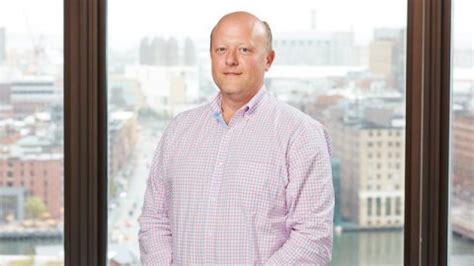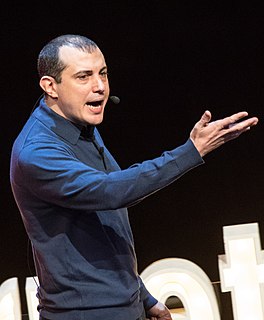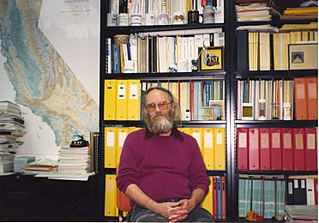A Quote by Olaf Carlson-Wee
When decentralized blockchain protocols start displacing the centralized web services that dominate the current Internet, we'll start to see real internet-based sovereignty. The future Internet will be decentralized.
Quote Topics
Related Quotes
Bitcoin is a peer-to-peer, decentralized form of money, as durable as the Internet itself. Remember, the Internet - or DARPA, as it was originally called - was created as a fail-safe, global network with no 'single point of failure.' If one part goes down, data takes another route, and nothing is lost.
Everyone should be concerned about Internet anarchy in which anybody can pretend to be anybody else, unless something is done to stop it. If hoaxes like this go unchecked, who can believe anything they see on the Internet? What good would the Internet be then? If the people who control Internet web sites do not do anything, is that not an open invitation for government to step in? And does anybody want politicians to control what can go on the Internet?
Before I became the president of AT&T's consumer division, I was running strategy and our internet services, so I was the president of one of the first internet service providers, ISPs, AT&T Worldnet, and running our internet protocol product development as well. So I knew a lot about what was going on with the internet.
My venture investing career has three phases, all roughly 6-8 years long. The first, at Euclid, was software to Internet. The second, at Flatiron, was Internet to bubble. And the third, at USV, has been web 2 to mobile. I have always used a new firm to denote a new investment phase for me. Throw away the old. Start with the new.
When I was 14, I spent a huge amount of time on the Internet, but not the Internet we know today. It was 1994, so while the World Wide Web existed, it wasn't generally accessible. Prodigy and CompuServe were popular, and AOL was on the rise, but I didn't have access to the web, and no one I knew had access to the web.



































